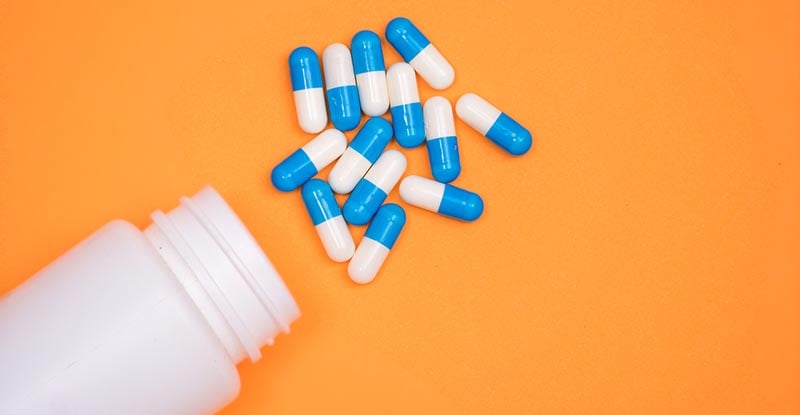Curbing the Nation's Opioid Epidemic

When you have minor aches and pains, an over the counter pain reliever is usually enough to make you feel better. However, when that pain is more severe your physician may prescribe something stronger – an opioid.
According to the National Institute on Drug Abuse, opioids relieve pain by reducing the intensity of the signals reaching the brain, which diminishes the effects of a painful stimulus. Prescription drugs are essential to improving the quality of life for those suffering from pain. However, the abuse and misuse of these medications, especially opioids – a class of drugs that include codeine, oxycodone, morphine, and the illicit drug heroin – have become the cause of serious public health issues across the nation. Thousands of people are affected by the unsafe use of these substances, making overdoses one of the leading causes of injury-related deaths in the country.
Nation's Response to Opioids
Since opioid misuse, abuse and overdose have become a nationwide problem, steps to counteract the crisis have been on the upswing. Response has focused on education, prevention and ensuring access to effective addiction treatments while safely meeting the needs of patients. Additional steps are being taken at the national, state and local levels, among them are improvements to Prescription Drug Monitoring Programs (PDMP) - electronic databases that track the prescribing and dispensing of controlled prescription drugs to patients within each state. They have the ability to help state officials, prescribers and dispensers identify at-risk individuals, limit unnecessary prescriptions, prevent abuse and combat diversion.
It’s clear that appropriate screening and clinical management by health care providers are essential parts of pain treatment and at IWP we have a number of processes in place aiding in the diversion of prescription drugs. Our Pharmacy staff work in tandem with the prescribers, creating open communication and offering medication management and drug utilization reviews (DUR). We also utilize the PDMP and report daily when the requirement is currently weekly.
Going the Extra Mile
In instances where pharmacies are filling prescriptions for opioids, going the extra mile might mean the difference between treating pain and serving the epidemic. It’s important to realize that most first time abusers get their pills from a friend or relative, the everyday street corner dealers are no longer the primary source of illicit drugs. There has to be some awareness surrounding prescribing patterns as instanced by the implementation of PDMPs across the country.
Promising solutions are hopefully on the horizon. As procedures and programs are being developed to aid in the reversal of this epidemic – there is hope in action and IWP joins many companies and programs within our industry in support of the ongoing effort to provide safe medication management, and education in support of the best patient outcomes possible.
Other Posts You Might Be Interested In
Subscribe to email updates
Stay up-to-date on what's happening at this blog and get additional content about the benefits of subscribing.

